Managing waste is one of the essential responsibilities of owning and operating semi-trailers. Whether it’s an RV trailer or a commercial vehicle, understanding where to dump trailer waste is crucial for maintaining hygiene, compliance with local regulations, and safeguarding the environment. This article delves into the various methods, locations, and regulations surrounding the disposal of trailer waste, offering practical and actionable insights for both casual users and industry professionals.
Understanding Trailer Waste
Types of Trailer Waste
Trailer waste can generally be categorized into three primary types:
Black Water: Waste collected from toilets. This type of waste contains human waste and chemicals from toilet treatments.
Gray Water: Wastewater from sinks, showers, and laundry facilities. It typically contains soap, food particles, and other non-hazardous waste.
Solid Waste: General trash and refuse that accumulates during travel or business operations. This category includes food waste, packaging materials, and other disposables.
Each type of waste requires different management techniques and disposal methods. Ensuring proper disposal is not just about convenience; it’s also about adhering to regulations and protecting public health.
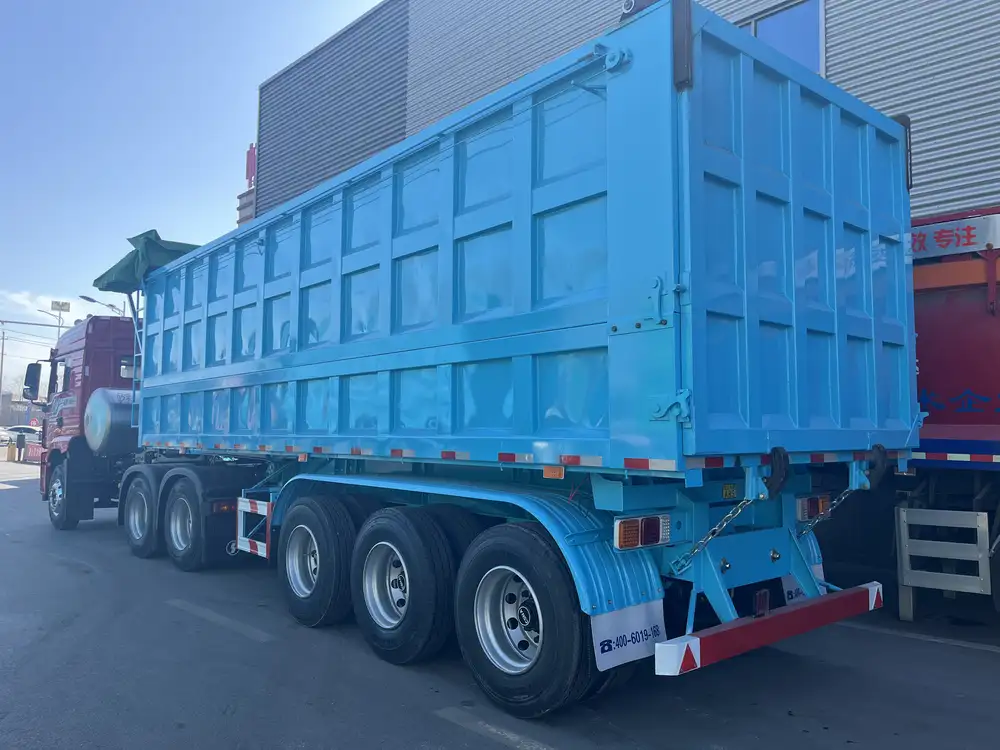
Key Considerations for Waste Dumping
Environmental Impact
Before deciding where to dump trailer waste, it’s essential to consider the environmental ramifications. Incorrect disposal methods can lead to water contamination, soil degradation, and loss of wildlife habitats. Protecting the environment should always be a priority, and utilizing designated dumping sites is a crucial part of this effort.
Legal Regulations
Local and state regulations govern waste disposal. Non-compliance can lead to hefty fines and legal repercussions. It’s crucial to be familiar with applicable laws in your area. This awareness will guide you in choosing compliant dumping locations, especially in regions with strict environmental protections.
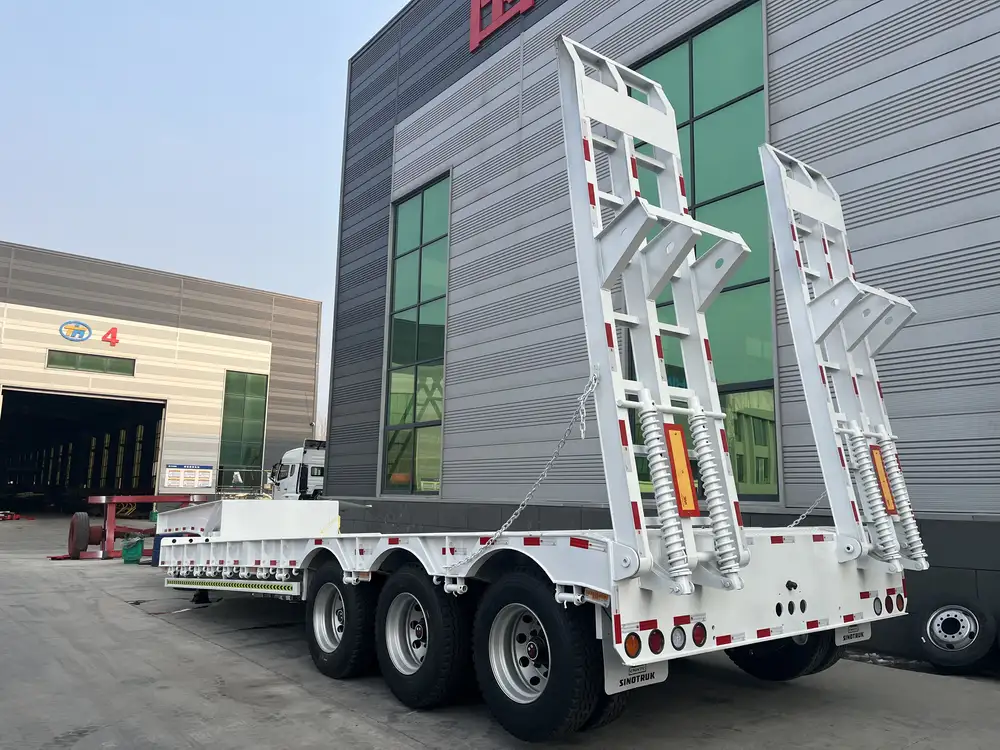
Fees and Accessibility
When choosing a dump site, keep in mind that some locations may charge fees for waste disposal. These fees can vary based on the type of waste being dumped. Additionally, check the accessibility of the site; some locations may have restrictions on operating hours or access roads, which can pose significant obstacles for larger trailers.
Options for Dumping Trailer Waste
1. Public Waste Treatment Facilities
Public waste treatment facilities are designed to handle various types of waste, including trailer waste. These facilities typically offer:
Black and Gray Water Disposal: Most municipal treatment plants have designated areas for dumping black and gray water. However, it’s essential to check local regulations to confirm acceptance of trailer waste.
Solid Waste Disposal: Many public facilities offer general waste disposal services, allowing you to manage solid waste conveniently.
Pros:
- Generally compliant with health and environmental regulations.
- Technologically equipped to treat and manage waste effectively.
Cons:
- May have associated disposal fees.
- Limited hours of operation.
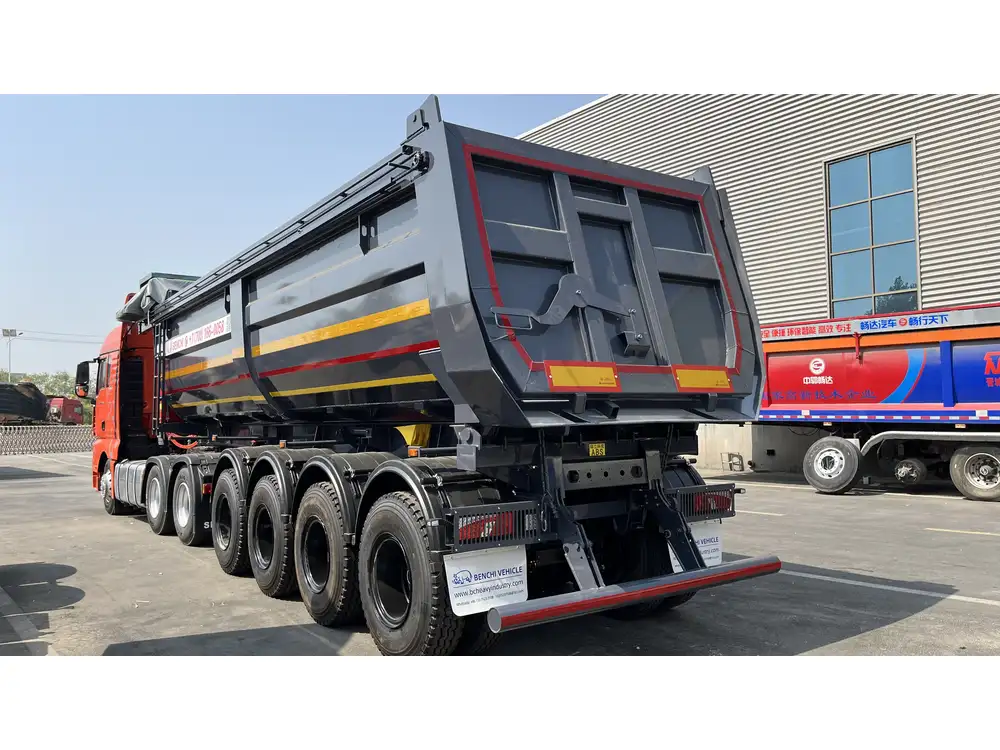
2. Campgrounds and RV Parks
For those using trailers for recreational purposes, campgrounds and RV parks are often equipped with proper waste disposal facilities:
Dedicated Dump Stations: Many campgrounds have dump stations for trailer waste, particularly for RVs. These stations usually accommodate both black and gray water.
Convenient Locations: Campgrounds often have basic amenities, making them a practical choice for leisure travelers.
Pros:
- Readily available and designed specifically for trailers.
- Often include potable water for flushing tanks.
Cons:
- Availability may be limited during off-peak seasons.
- Potential for fees or reservations.
3. Gas Stations and Travel Centers
Some gas stations and travel centers offer waste disposal services, particularly those catering to truck drivers and RV owners. Here’s what to expect:
Convenience: Typically located along major highways for easy access during long trips.
User-Friendly Services: Many of these centers also offer essential amenities, such as gas, food, and vehicle services.
Pros:
- Open 24/7 in many cases, providing flexibility for travelers.
- Often have dedicated facilities for black water.
Cons:
- Limited capacity for solid waste disposal.
- Might not be available in all locations.
4. Waste Management Companies
For commercial operators, engaging a waste management company specializing in trailer waste disposal can be an efficient solution:
Comprehensive Services: Many companies offer tailored solutions for various types of waste, ensuring compliance with local regulations.
Scheduled Pickup: Regular scheduled pickups ensure your trailer waste is managed efficiently.
Pros:
- Professional and compliant service.
- Customized plans based on trailer size and volume of waste.
Cons:
- Monthly service fees can add up.
- Requires coordination and scheduling.
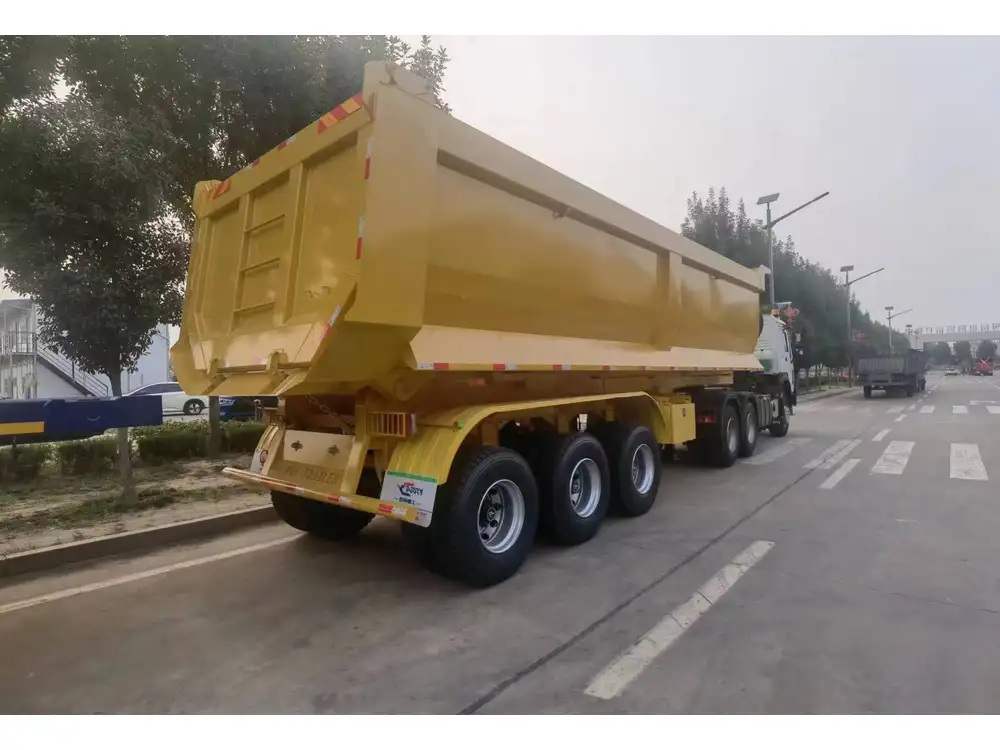
5. DIY Disposal
Some owners may opt for do-it-yourself disposal methods:
Composting Toilets: A sustainable option for gray water; composting toilets can minimize black water production entirely.
Transfer Stations: Some locations allow individuals to dispose of waste without requiring a dedicated service, but this is less common.
Pros:
- Generally low cost; often free.
- Greater control over waste disposal.
Cons:
- Time-consuming and requires compliance awareness.
- Can be challenging in urban settings.
Steps for Proper Waste Disposal
Preparation for Dumping
Research Locations: Identify potential dump sites and verify their regulations and availability.
Gather Necessary Equipment: Ensure you have the required equipment (hoses, adapters, gloves) for safe and hygienic dumping.
Check Tank Levels: Monitor tank levels before your trip to avoid overflow issues and potential fines.
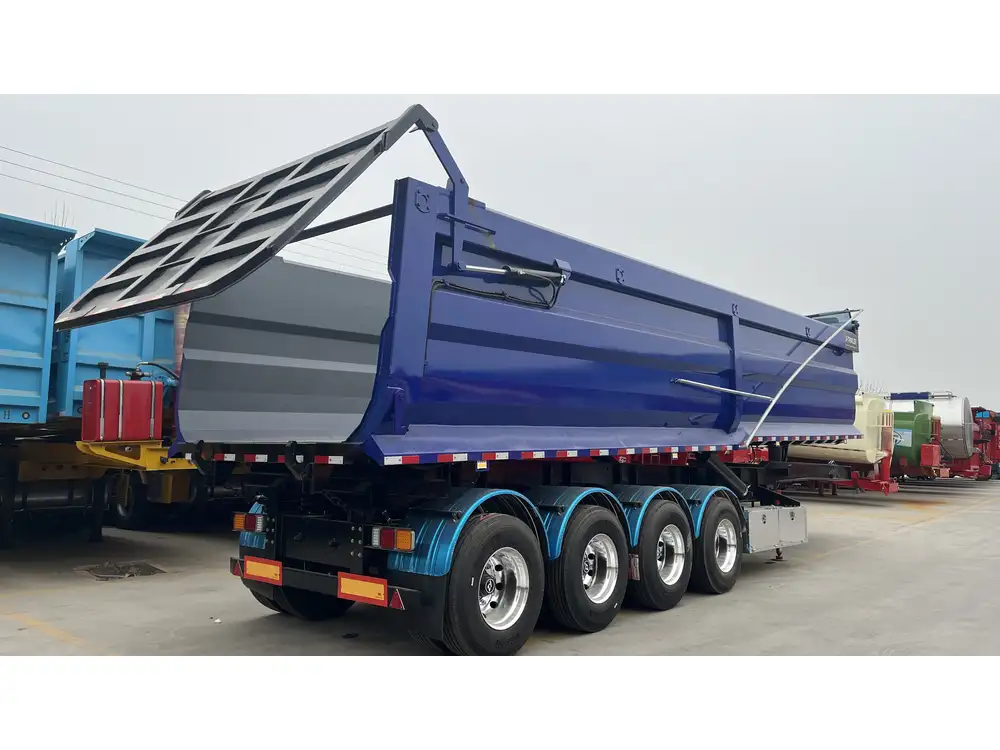
The Dumping Process
Wear Protective Gear: Always wear gloves and protective clothing to minimize exposure to waste.
Position the Trailer: Align the trailer’s waste discharge with the dump station, ensuring easy flow and limited mess.
Open Valves Slowly: Slowly open the valves to let waste flow into the dump station. If you’re dumping black water, consider starting with gray water to wash down any residual waste.
Clean Up: After dumping, clean hoses and valves thoroughly to prevent odors and contamination.
Dispose of Solid Waste: Ensure solid waste is disposed of properly, either via designated trash bins at the dumping site or through local refuse services.
Post-Dumping Care
After waste disposal, maintain your trailer waste systems by:
Flushing Tanks: Regularly flush the black water tank to keep it clean and odor-free.
Using Treatments: Employ biological or chemical treatments specifically designed for trailer waste to minimize odors and breakdown waste.
Inspecting Hoses and Seals: Regular inspections prevent leaks and prolong the life of your waste management systems.
Conclusion
Understanding where to dump trailer waste is more than a logistical issue; it embodies the responsibility of maintaining environmental integrity and adhering to local regulations. By exploring the various disposal options—from public treatment facilities to RV parks and private waste management firms—trailer owners can make informed choices that prioritize hygiene, legality, and sustainability.
Planning ahead, being aware of local laws, and employing best practices in waste management will not only ensure compliance but also foster a healthier ecosystem for future generations. Whether you are a recreational user or a commercial operator, proper waste disposal is a vital aspect of trailer ownership. By following the guidelines laid out in this article, you can navigate the complexities of trailer waste disposal without hassles, ensuring both a compliance-oriented and environmentally friendly experience.



